Optimal Seasons for Landscape Repairs
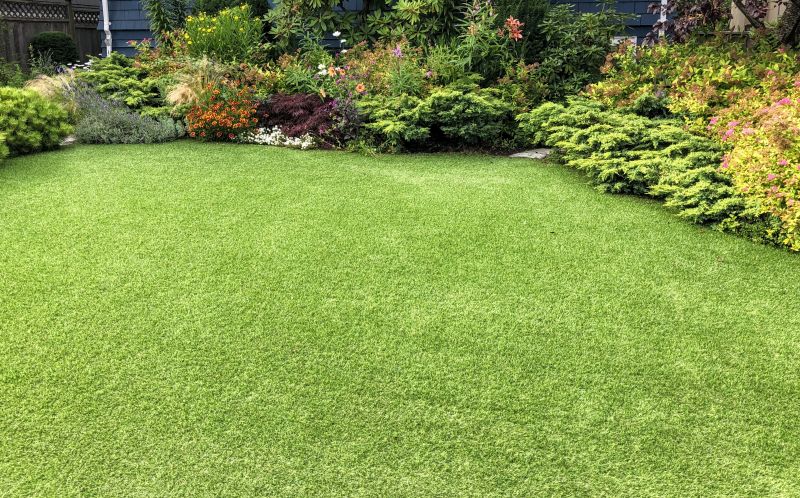
Ways to make Landscape Repairs work in tight or awkward layouts.
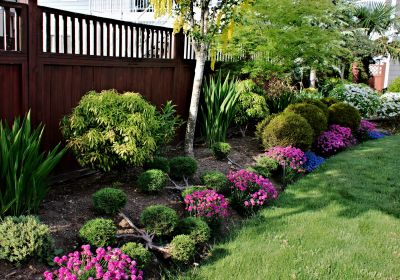
Popular materials for Landscape Repairs and why they hold up over time.
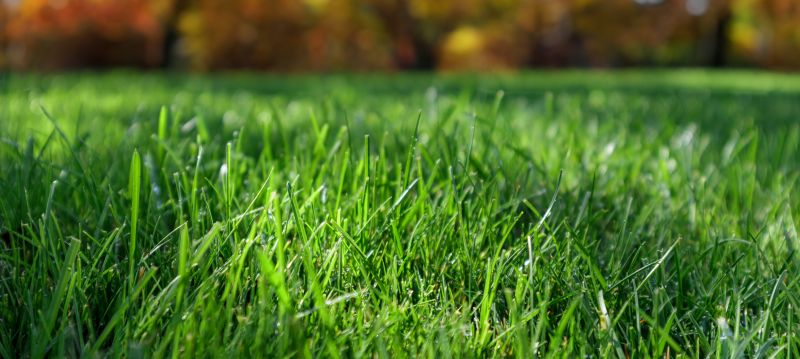
Simple add-ons that improve Landscape Repairs without blowing the budget.

High-end options that actually feel worth it for Landscape Repairs.
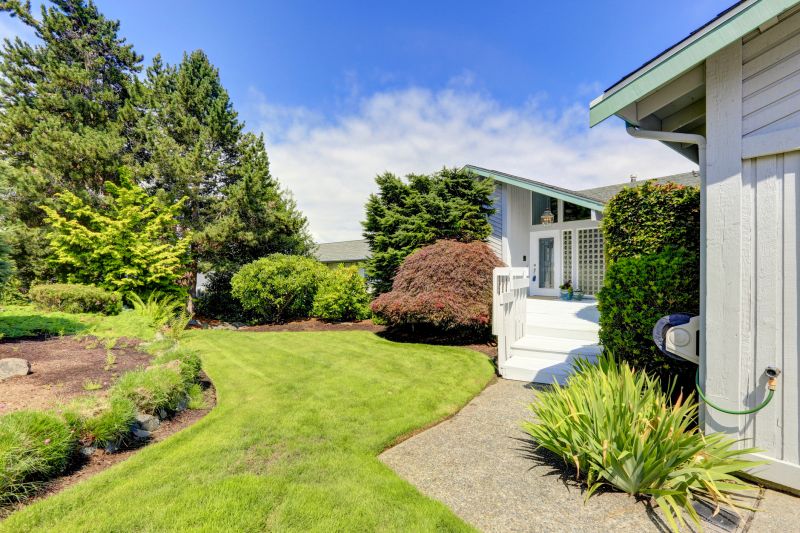
Finishes and colors that play nicely with Landscape Repairs.
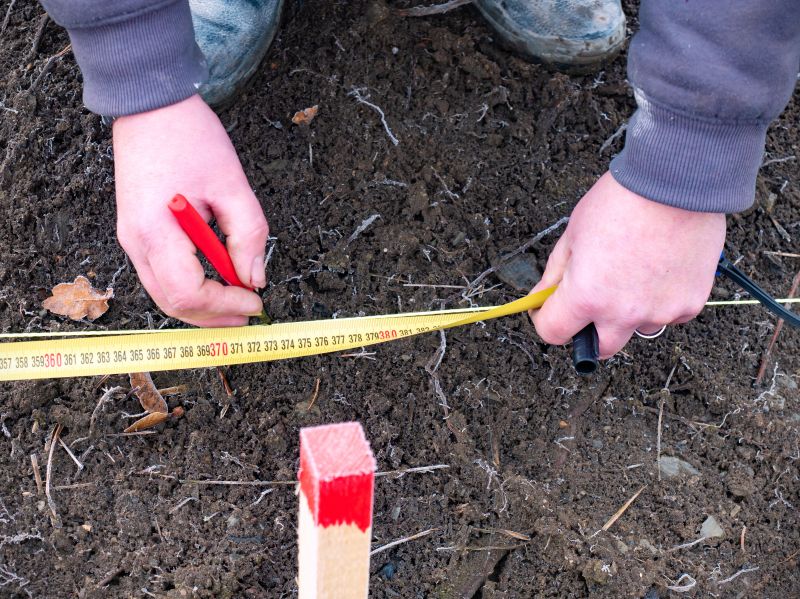
Little measurements that prevent headaches on Landscape Repairs day.
Landscape repairs involve restoring and maintaining outdoor areas to ensure aesthetic appeal and structural integrity. Proper timing can enhance the effectiveness and longevity of repairs, preventing issues such as erosion, plant damage, and landscape deterioration. Seasonal considerations influence the success of repair projects, with each period offering unique advantages and challenges.
Statistics indicate that scheduling landscape repairs during optimal seasons can reduce costs by up to 20% and extend the lifespan of landscape features. For example, performing soil stabilization in early spring can prevent erosion during heavy rains, while fall repairs prepare the landscape for winter conditions. Understanding seasonal patterns helps in planning effective repair strategies.
Spring offers moderate temperatures and increased rainfall, ideal for planting and soil restoration.
Summer repairs should focus on irrigation and drought-resistant plantings due to higher temperatures.
Fall allows for soil preparation and planting before winter, reducing damage from cold weather.
Winter repairs are limited but can include snow removal and protection against freeze-thaw cycles.

A 60-second routine that keeps Landscape Repairs looking new.
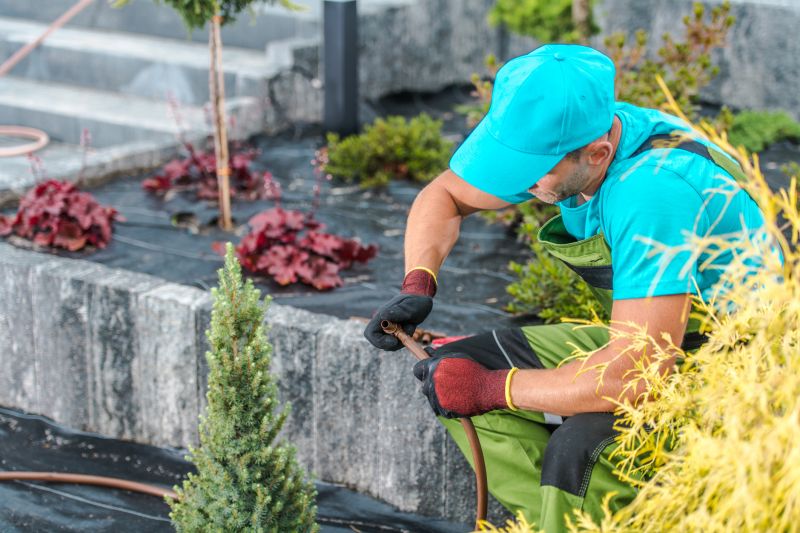
A frequent mistake in Landscape Repairs and how to dodge it.
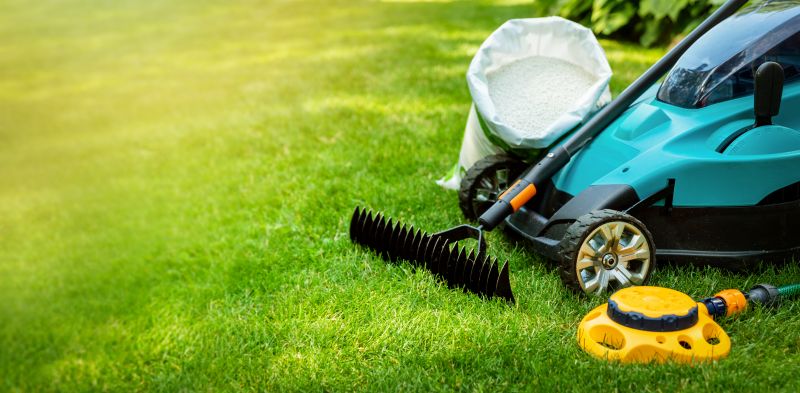
Small tweaks to make Landscape Repairs safer and easier to use.
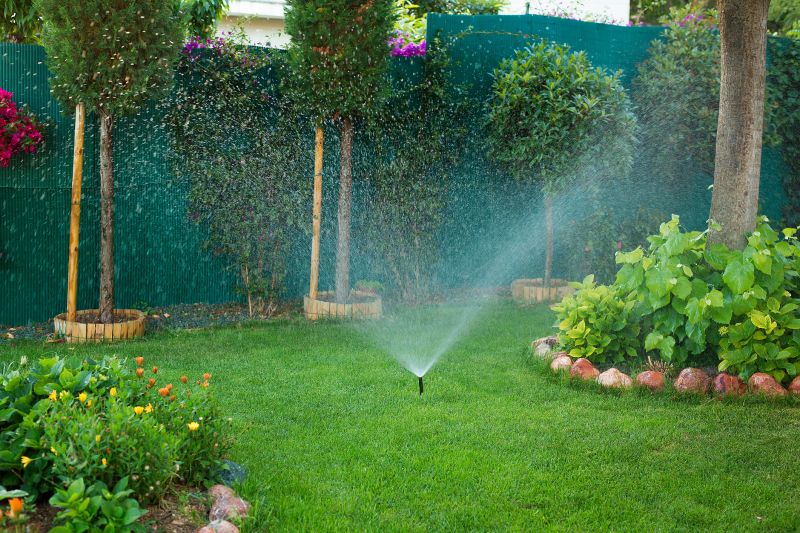
Lower-waste or water-saving choices for Landscape Repairs.
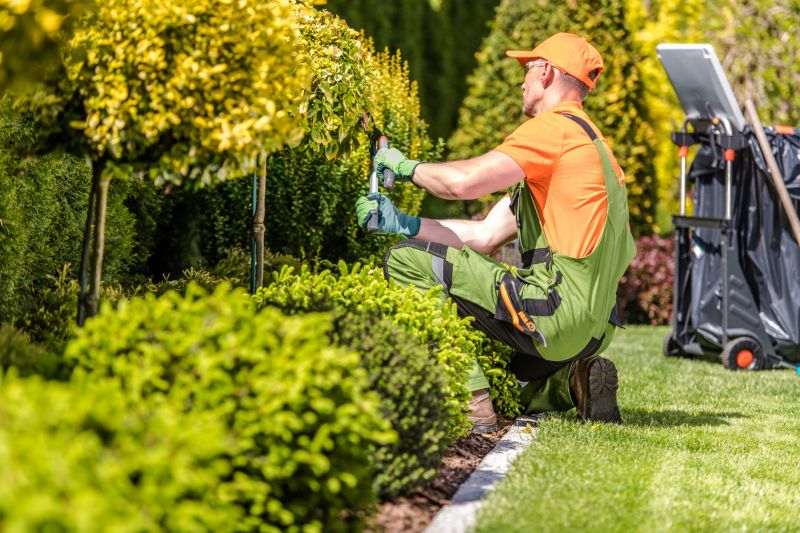
The short, realistic tool list for quality Landscape Repairs.
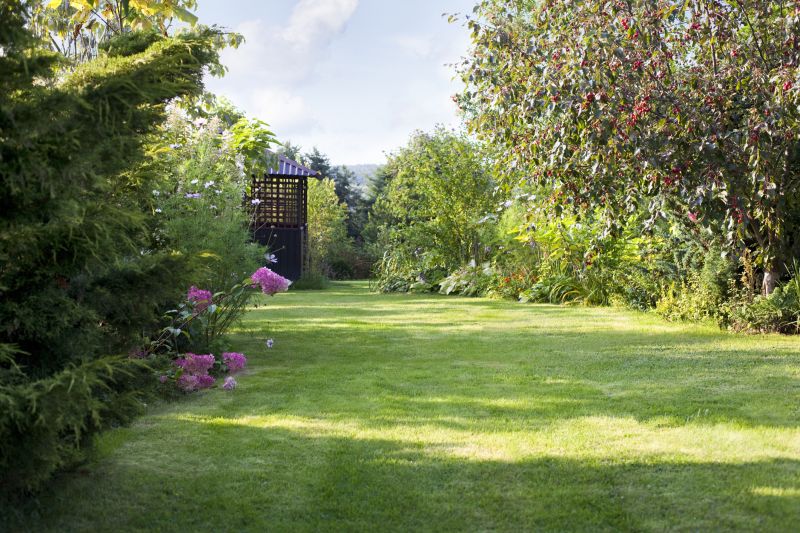
Rough timing from prep to clean-up for Landscape Repairs.
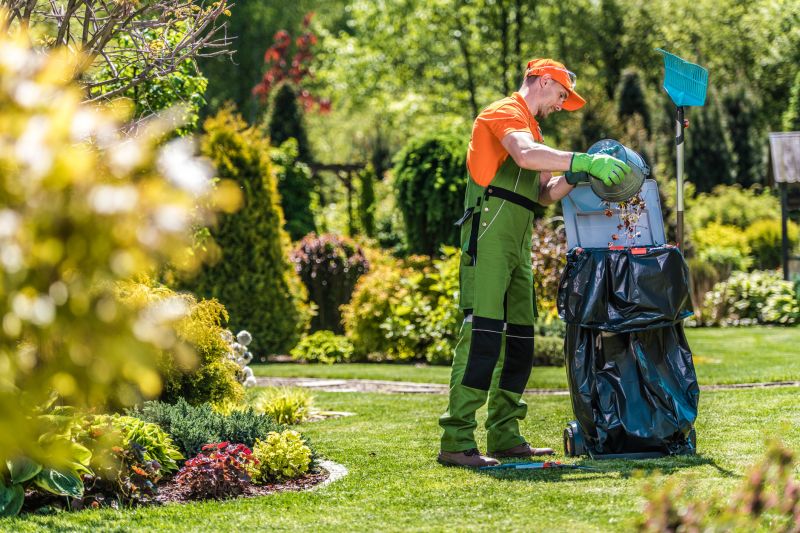
Quick checks and paperwork to keep after Landscape Repairs.
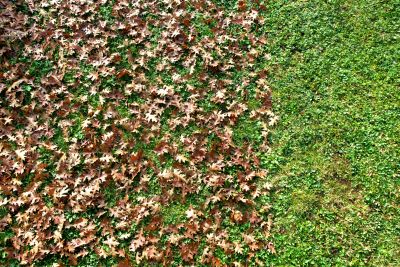
Examples that show the impact a good Landscape Repairs can make.
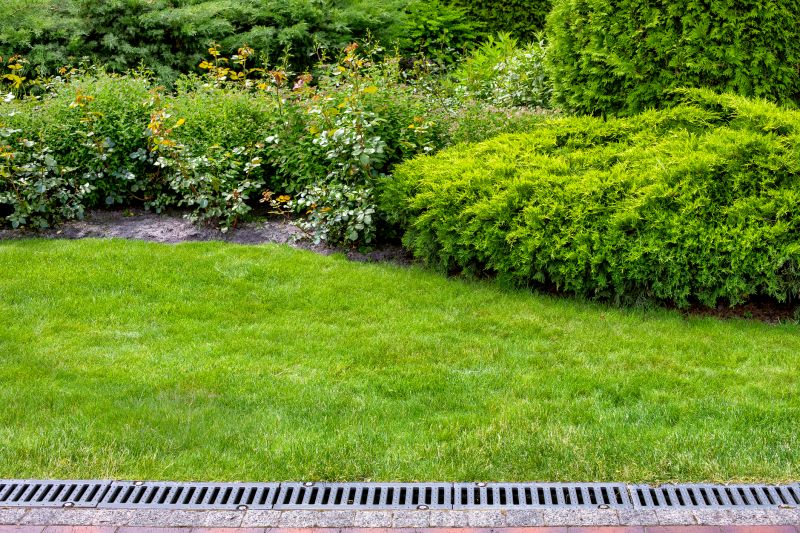
Ways to make Landscape Repairs work in tight or awkward layouts.
| Season | Optimal Repair Activities |
|---|---|
| Spring | Soil preparation, planting, erosion control |
| Summer | Irrigation system adjustments, drought-resistant planting |
| Fall | Soil fertilization, planting, winterization |
| Winter | Snow removal, protective coverings, minor repairs |
| Early Spring | Site assessment, early planting prep |
| Late Fall | Cleanup, soil stabilization |
| Mid-Summer | Irrigation upgrades, pest management |
| Late Winter | Planning for upcoming repairs |
Timing landscape repairs according to seasonal weather patterns can significantly improve outcomes. Spring and fall are generally considered the most suitable seasons for major repairs due to moderate temperatures and favorable soil conditions. Proper planning ensures landscape features are protected from harsh weather and can recover quickly, maintaining visual appeal and structural stability.
For optimal results, it is recommended to schedule repairs during periods of stable weather, avoiding extreme heat or cold. Regular seasonal assessments can help identify necessary repairs early, reducing long-term costs and preserving landscape health.
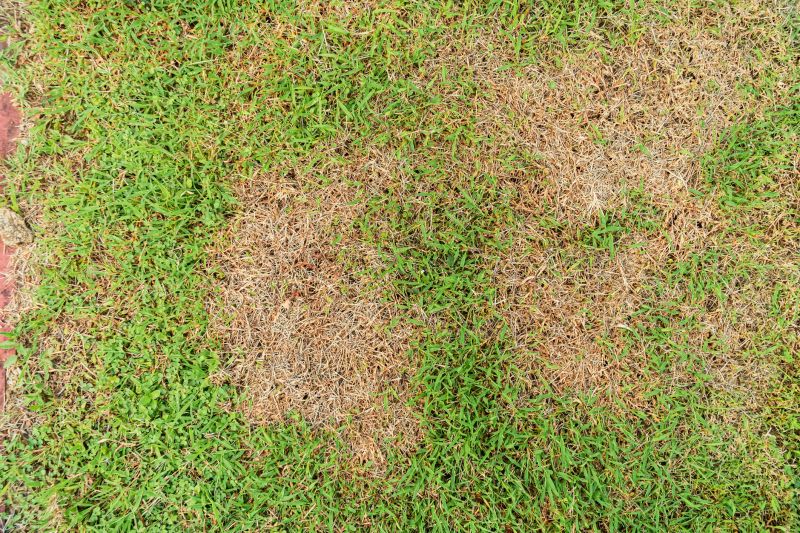
Ways to make Landscape Repairs work in tight or awkward layouts.
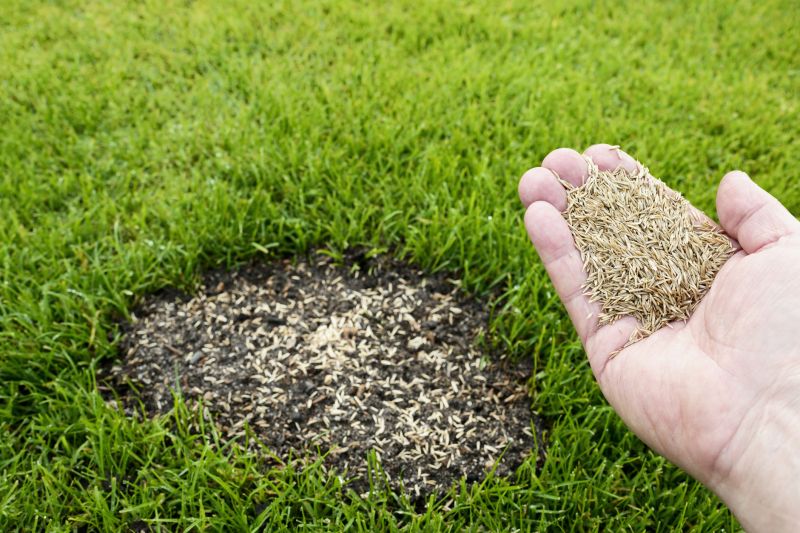
Ways to make Landscape Repairs work in tight or awkward layouts.
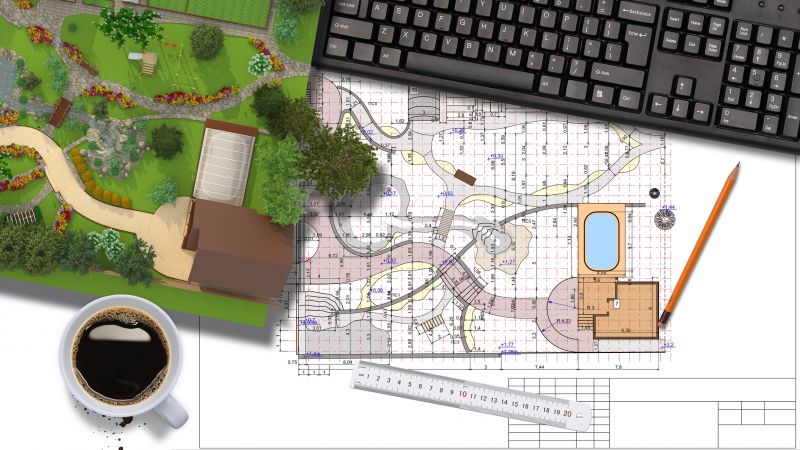
Ways to make Landscape Repairs work in tight or awkward layouts.
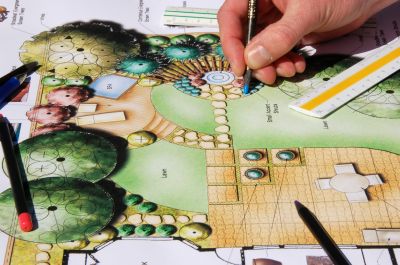
Ways to make Landscape Repairs work in tight or awkward layouts.
Interested in scheduling landscape repairs? Filling out the contact form can provide tailored advice and assistance to ensure repairs are performed at the most suitable time for specific landscape needs.
